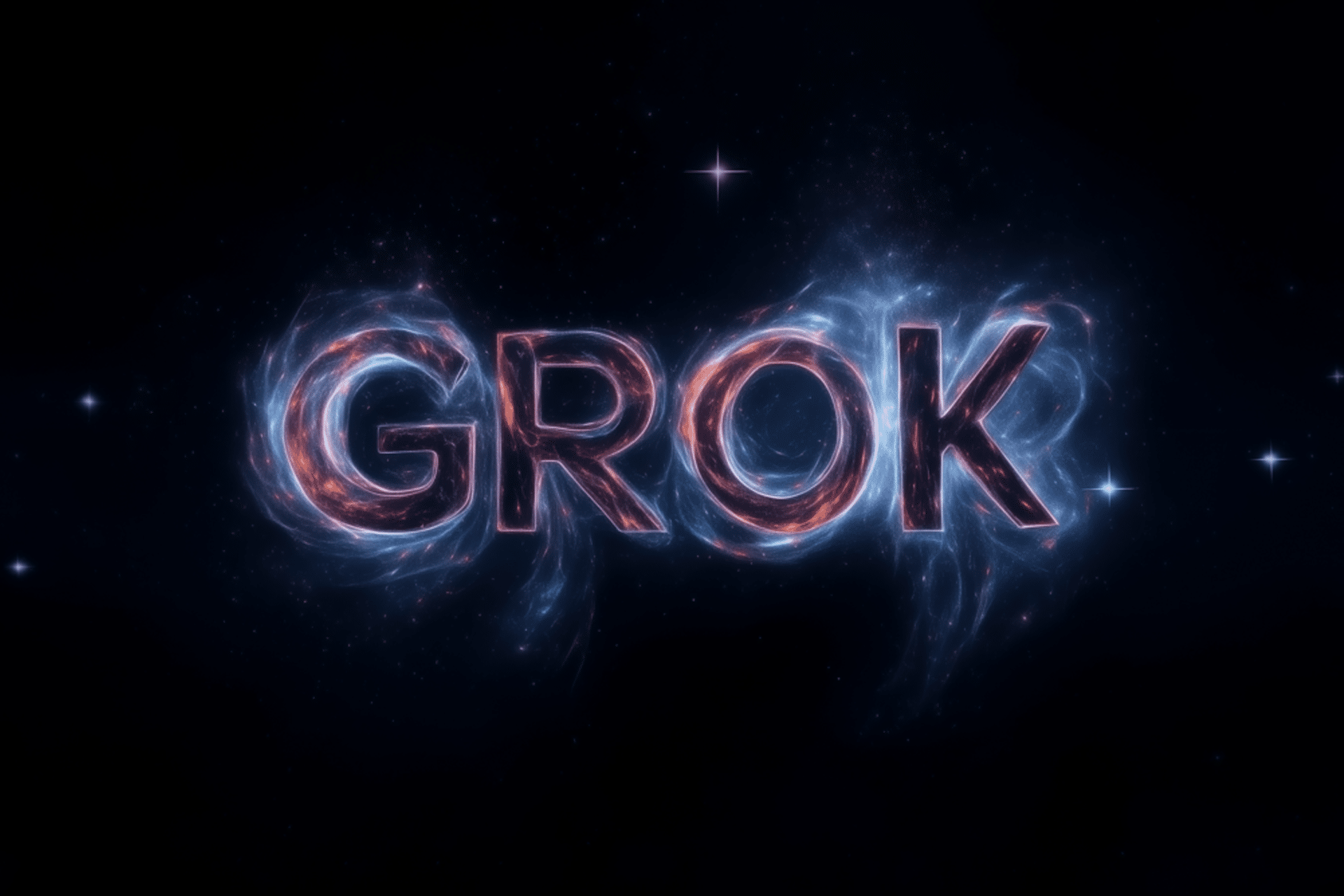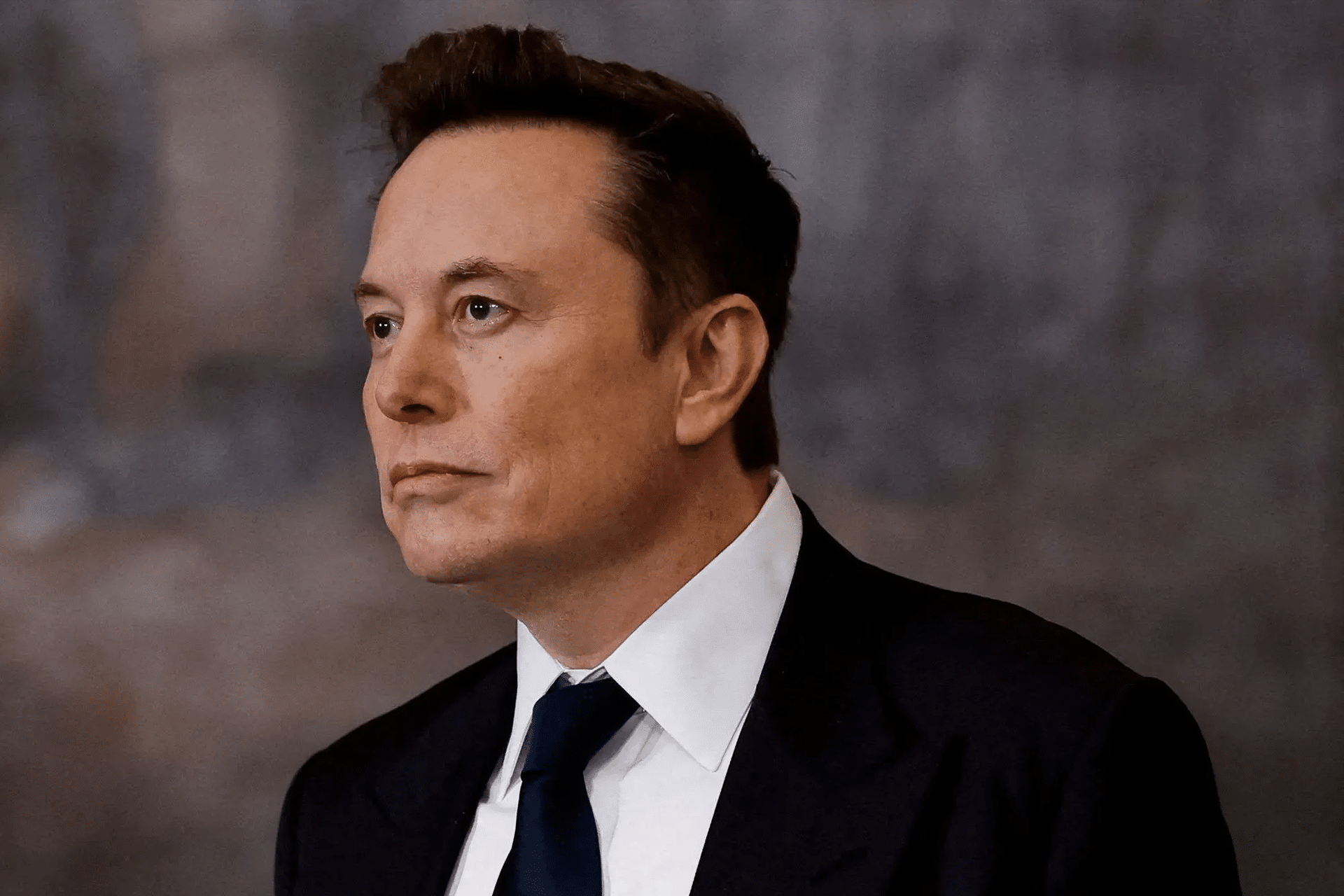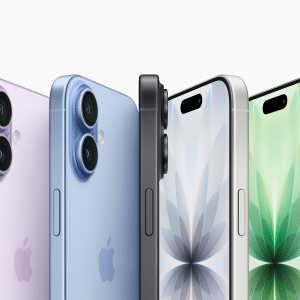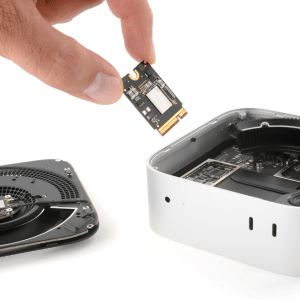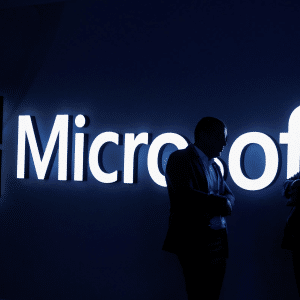Elon Musk is betting big on his company’s next artificial intelligence system, Grok 5, calling it a potential milestone in the race toward general intelligence. In a recent conversation on his social platform X, Musk said he believes the model “has about a ten percent chance” of becoming the world’s first true General AI — a system capable of reasoning and learning across any task like a human mind.
The statement reflects Musk’s mixture of optimism and restraint. Though he acknowledged the odds remain low, his framing places Grok 5 among the most ambitious AI projects under development today. It also underscores Musk’s determination to position his startup xAI as a serious competitor to OpenAI, Google DeepMind, and Anthropic in shaping the next stage of machine intelligence.
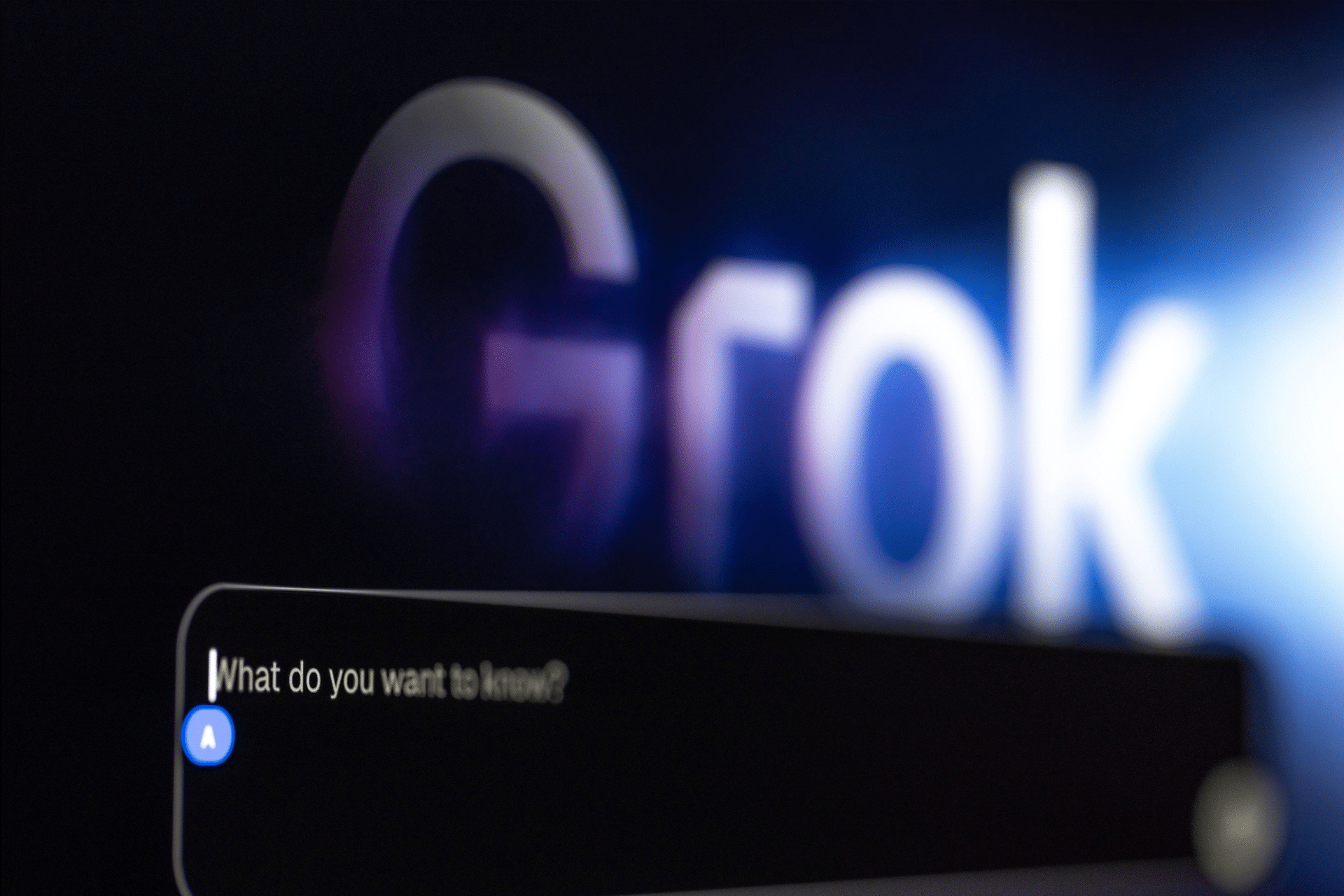
Grok 5 and the Race Toward General Intelligence
Grok 5 follows the company’s earlier Grok 4 model, which powered Musk’s X AI chatbot launched in 2024. The new version, trained on significantly larger datasets and extended reasoning cycles, represents xAI’s latest attempt to build a system that approaches human-level understanding.
Musk said Grok 5 will feature enhanced reasoning logic, more stable memory architecture, and a modular neural design allowing it to expand capabilities dynamically over time. According to his description, the system can interpret context beyond text — integrating code execution, mathematics, and symbolic reasoning in a unified framework.
He has previously argued that the key to general intelligence is recursive self-improvement, where models autonomously refine their own architecture and training. Grok 5, he suggested, will experiment with limited forms of that principle, though under strict human oversight.
A Different Approach From Silicon Valley Peers
Unlike OpenAI’s GPT models or Google’s Gemini, Grok 5 is being trained on xAI’s custom-built infrastructure that Musk says prioritizes transparency and safety over data volume. He maintains that Grok’s integration within X — including real-time access to public conversations and breaking news — gives it a unique learning environment unavailable to other AI systems.
That direct data feed allows Grok to process global information as it happens, effectively giving the model a live reflection of current events, trends, and human sentiment. Musk has described this as essential to developing “grounded reasoning” rather than the static pattern recall typical of earlier systems.
He also emphasized that Grok 5 will remain aligned with his philosophy of “maximum truth-seeking AI,” an idea he frequently contrasts with what he calls “politically filtered” approaches in mainstream models.
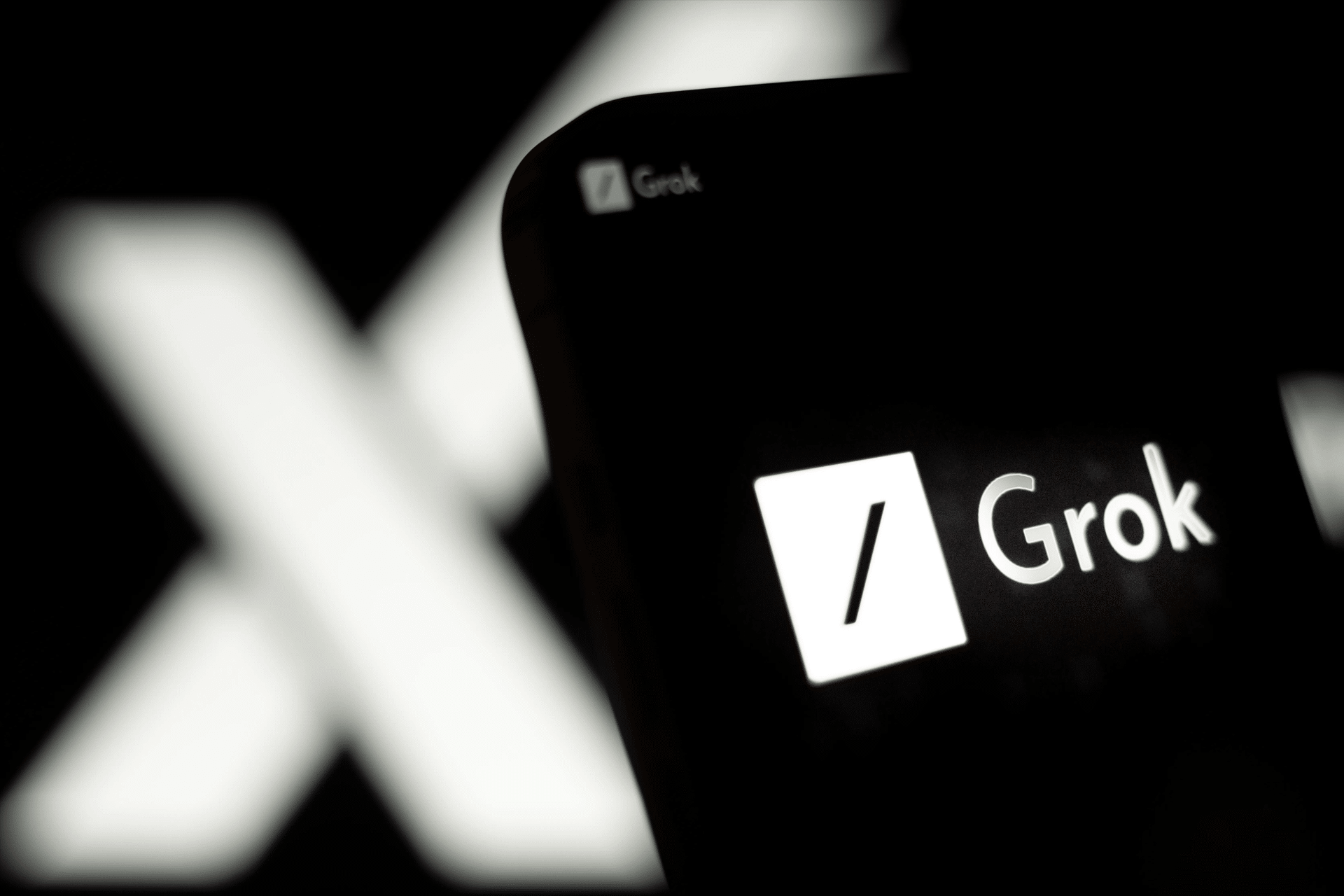
A 10 Percent Bet on a Massive Leap
Musk’s acknowledgment of the model’s modest success probability is telling. While the remark carries his usual flair for provocation, it also reflects the technical difficulty of building genuine artificial general intelligence — a challenge that has eluded researchers for decades.
Experts define AGI as a system capable of understanding and applying knowledge flexibly across domains without task-specific programming. Achieving that requires breakthroughs not just in model size but in reasoning, abstraction, and memory — areas where even today’s leading systems remain narrow and brittle.
Still, by attaching a concrete probability, Musk signals that xAI sees Grok 5 as more than an incremental update. It represents a calculated push toward the frontier of machine cognition, with Musk personally framing the experiment as a high-stakes wager.
Balancing Promise and Risk
Musk’s history with AI development is complex. As a co-founder of OpenAI before his departure in 2018, he has long expressed concern about unchecked artificial intelligence. His re-entry into the field through xAI — under the banner of “building safe AGI that benefits humanity” — reflects both ambition and anxiety about the direction of global AI competition.
By giving Grok 5 only a one-in-ten chance of achieving true general intelligence, Musk tempers his trademark optimism with pragmatism. He acknowledges that even partial progress could reshape xAI’s position in the market, enhancing its commercial and strategic leverage against more established rivals.
If Grok 5 delivers measurable improvements in reasoning or contextual accuracy, it could become the foundation for broader AI integration across Musk’s other ventures, from Tesla’s autonomous systems to SpaceX operations.
In the short term, however, Grok 5 serves a symbolic purpose: a statement that xAI is no longer simply a challenger brand but an engine of frontier research willing to make bold, public bets on the future of cognition itself.
